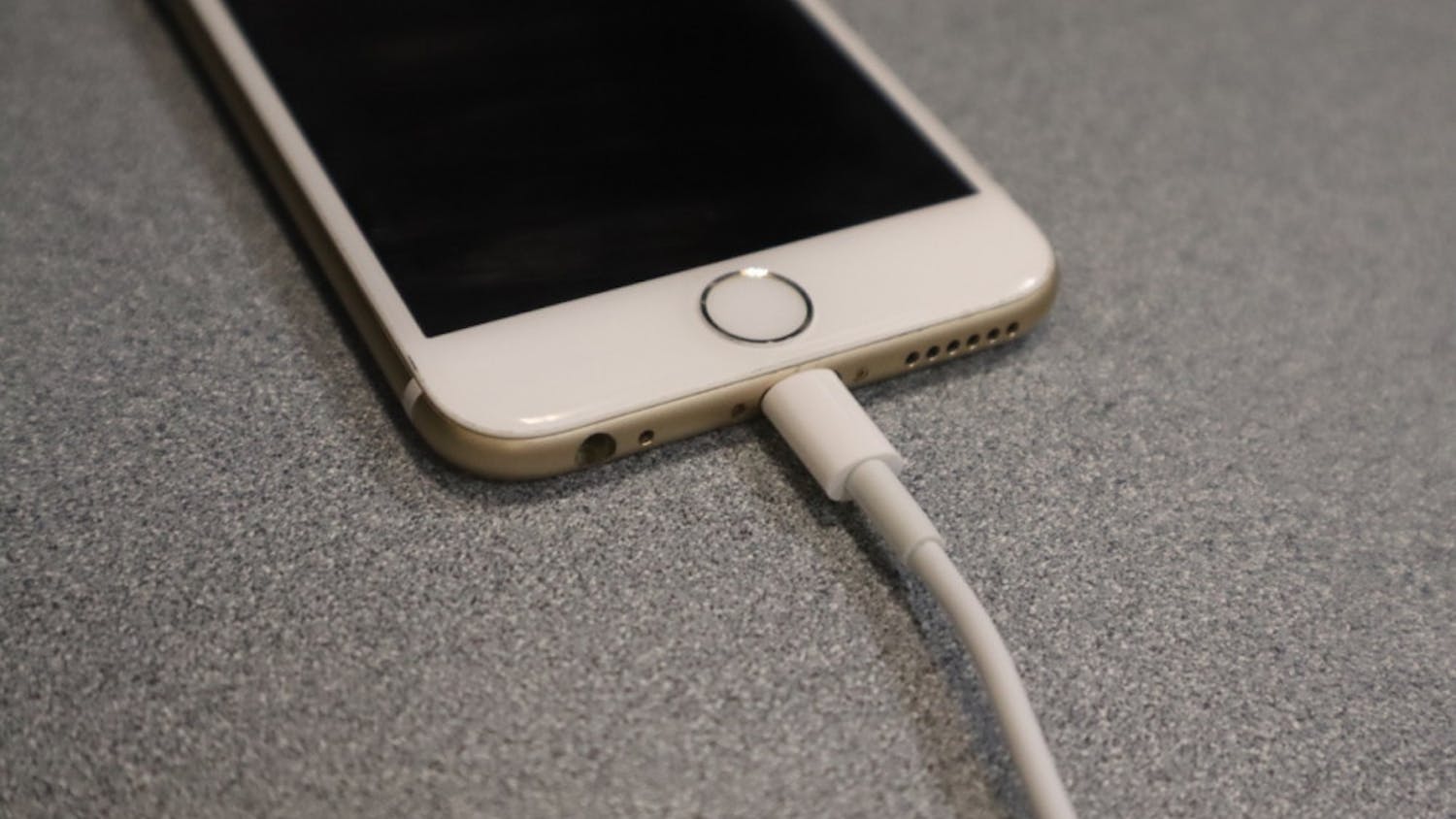If I walk to my car when it’s dark out, I always tuck my sharpest key between my pointer and middle fingers.
When I get to my car, I immediately lock the doors once I’m inside.
If I go running on my favorite trail by myself, I text at least three friends and tell them to keep an eye on my location through the Find My Friends app.
When I’m on the trail, I only leave one headphone in. I leave my other ear unoccupied.
As a woman, I know these are precautions I have to take if I want to stay safe. As a woman, I know I live in a society where women aren’t safe and I know I exist in a culture where violence against women is the norm.
For me, the murder of Mollie Tibbetts was particularly painful to learn about.
In mid-July, Tibbetts went for a run and never came back. She ran the same route she always did and wore the same clothes she always did. The only difference between the run she took on July 18, and every run she had taken up to that point, was this time she rejected a stranger’s advances and harassments.
When 24-year-old Cristhian Bahena Rivera began to run behind and alongside Tibbets, she threatened to call the police if he didn’t leave her alone. When she tried to run away, he chased her down. It’s understood that this is when he abducted and killed her.
When I read Tibbetts’ story, I saw myself. She was a college student in her early 20s. She was an avid runner. She was a creature of habit who ran the same route every evening. She even had dark brown hair, just like I do. Are these similarities particularly unique? No. But that is what scared me most. I saw myself in Mollie Tibbetts, and it's likely millions of other women did, too.
After news of her murder broke, I didn’t run outside for a while. I succumbed to the repetitive, depressing rhythm of an indoor treadmill. I hated it, but at least I felt safe.
Violence against women is an epidemic in this country. One in five women in the U.S. has been raped in their lifetime. 19.3 million women have been stalked. 72 percent of all murder-suicides involve an intimate partner and 94 percent of these murder-suicide victims are female.
If we want to change these statistics, we need to change our culture. We need to educate men and boys to respect women and their bodies starting from a young age. They need to grow up believing that women are their equals, not objects to abuse and objectify.
Mollie Tibbetts was murdered because her attacker believed he was owed her body — that he, as a man, had a right to her body. This twisted mindset is something that exists below the surface of so many narratives in our culture.
This narrative is perpetuated when male characters on a TV show high-five after one hooks up with a “hot girl.” It’s reinforced when fraternity boys clap as a girl walks down the stairs of the house in the early morning. It’s normalized when men target drunk women, knowing they’ll be “easy to get with.”
If we want to see an end to violence against women, we need to put an end to this culture. Men are not owed women, and they are not owed their bodies.
It’s time to change the narrative. It’s time to respect women, and it’s time to let them run.
Abigail Miller is a UF political science and journalism senior. Her column appears on Fridays.






